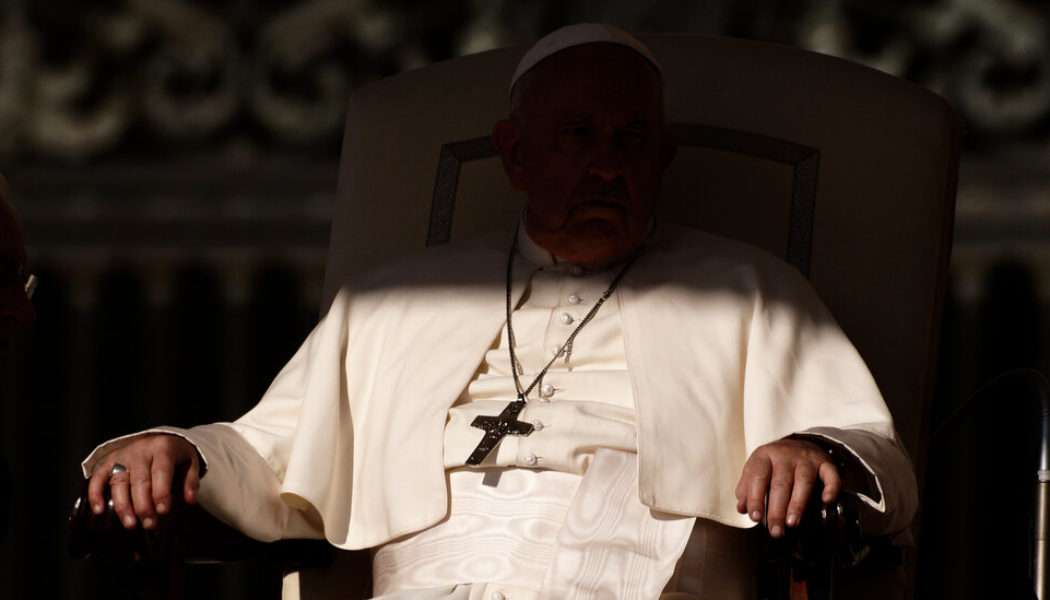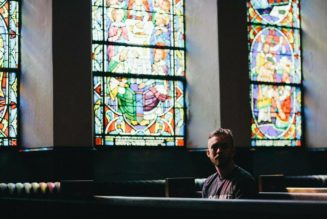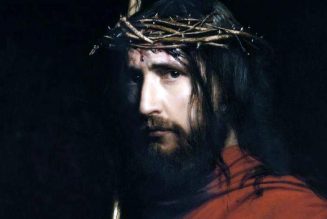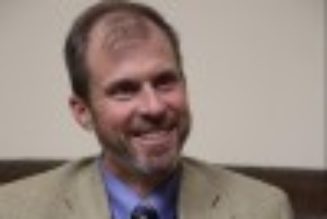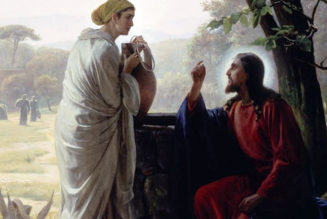
For years now, Pope Francis’ governance of the Roman Catholic Church has been seemingly designed to drive the church’s conservative and liberal wings ever further apart. Thus the persistent question hanging over his pontificate: How will he hold this thing together?
By opening debate on a wide array of hot-button subjects without delivering explicit changes, he has encouraged the church’s progressives to push the envelope as far as possible, even toward real doctrinal rebellion, in the hopes of dragging him along. At the same time, by favoring the progressives in his personnel decisions and making institutional war on the legacy of John Paul II and Benedict XVI, he has pushed conservatives toward crisis, paranoia and revolt.
On both fronts it’s unclear whether the papacy’s weakening authority can pull either group of rebels back. But in the last few weeks we’ve seen a clear attempt to use that authority, a real test of the pope’s ability to keep the church together.
On the one hand, Pope Francis has moved against two of his sharpest critics on the right: First, he removed Bishop Joseph Strickland from his diocese in Tyler, Texas; now he has stripped Cardinal Raymond Burke of his privileges at the Vatican, including an income and an apartment.
At the same time, the Vatican has tried to draw a bright line against the experiments of the German bishops, the leading progressive faction, by issuing a letter declaring that any reforms the Germans contemplate cannot change the church’s teaching on the all-male priesthood and the immorality of homosexual relations.
In each case you have an act of discipline seemingly tailored to the way that the rebellions are manifesting themselves. Among conservatives and traditionalists, specific critiques of the pope himself from prominent bishops and cardinals have now met with specific personal punishments. Among liberals and progressives, a broad attempt to liberalize the church’s moral teachings has now met with a general doctrinal rebuke.
But in each case one should be skeptical that the discipline will work. Both sides will note, for instance, that criticizing the pope earns you a sacking but that seeming doctrinal disobedience merits only a sternly worded letter. Unless the latter move is eventually backed up by something like the Strickland firing, progressives are likely to persist in the same line the German church is already pursuing, where the practices of the church are simply altered — via blessings for gay couples, say — without Rome granting formal permission. The assumption is that if liberalization becomes a fact on the ground, eventually the church’s laws will have to follow — and the more that assumption is entrenched, the harder it becomes for Rome to avoid some eventual rupture.
Meanwhile, those Catholics who admire Strickland and Burke are likely to be confirmed more deeply in a culture of conservative resistance, in which to remove a bishop from his real-world office only increases his potential influence in the magisterium of internet Catholicism. The idea that a bishop or cardinal could be somehow more orthodox than the Vatican would have seemed like an impossibility to the church’s conservatives just a few short years ago. But the world’s general crisis of authority, mediated by scandal and technological disruption, now extends through conservative Catholicism as well — a long, ragged crack that Francis’ unsteady leadership has opened in what was previously the papacy’s most secure base.
It’s a mistake to pin too much blame on this pope alone, however. He has worsened the church’s divisions and raised the likelihood of schism, but he’s also just exposed fissiparous tendencies that were present all along.
Consider just one important contrast between American and German Catholicism, two of the richest national churches and the major conservative and progressive camps in the church’s civil war. In the United States, a report from the Catholic University of America recently revealed, the theologically progressive priest is basically disappearing. Priests ordained in the 1960s were much more likely to call themselves progressive than theologically conservative or orthodox. But among priests ordained in the last 20 years, including the Francis era, a majority call themselves conservative or very conservative, and most of the rest call themselves middle of the road — leaving the 21st-century American priesthood’s progressive wing looking more like a feather.
This is the generational replacement that conservative Catholics have long predicted will marginalize liberal Catholicism. But then consider Germany, where Catholicism doesn’t have a large number of conservative or progressive priests coming along; instead it has almost no younger priests at all. There were only 48 new seminarians in Germany in 2022, for a church that still serves 21 million self-identified Catholics. Whereas the United States, with its 73 million Catholics, has almost 3,000 seminarians in training — a declining number that portends increasing shortages but not the existential crisis facing the German church.
And that existential crisis helps explain the intensity of the pressure for liberalization and Protestantization, because to many German Catholic leaders this seems like the only way for their church to survive at all — with the traditional model, the priestly model, having failed before their eyes.
Thus a conservative Catholic in the United States can feel reasonably secure in the future of the sacramental church — a future which the sacking of a conservative bishop by a more liberal pope can’t plausibly derail. In Germany, by contrast, the future that seemingly can’t be derailed is one of steep decline and increasing dominance by liberal-leaning laypeople: A new pope could be elected tomorrow and try to enforce greater orthodoxy within the German church, but without younger priests who embody those beliefs, the exercise could just lay Rome’s weakness even barer than today.
There is in God’s providence, presumably, a form of papal stewardship that can prevent a schism or separation between the Catholic trends embodied in Germany and America — and sometime soon a new pope may get the chance to try. But what he will inherit is not just specific messes made by his predecessor but an underlying reality of division that any policy made in Rome will need divine assistance to resolve.
